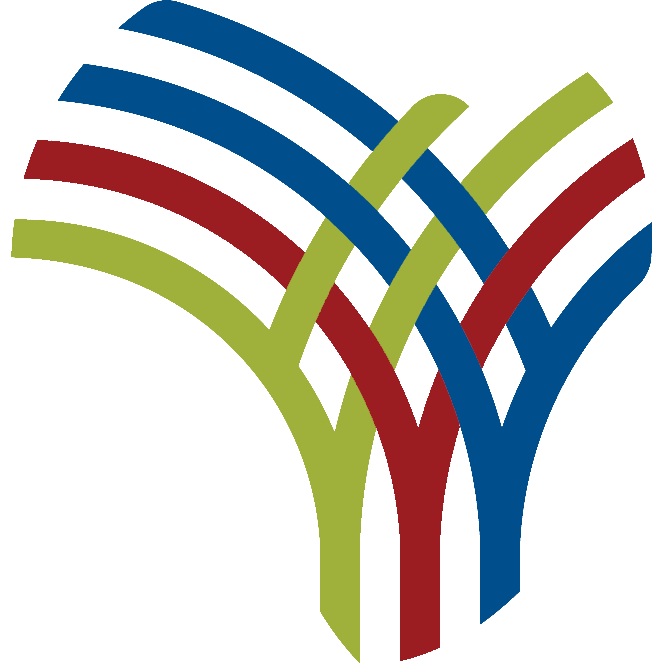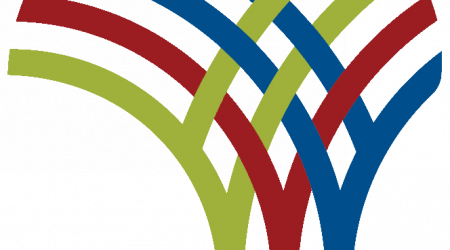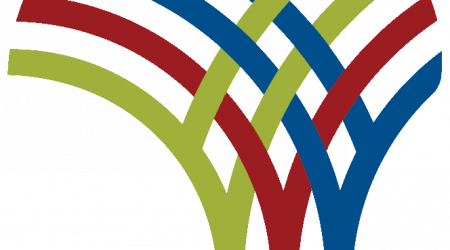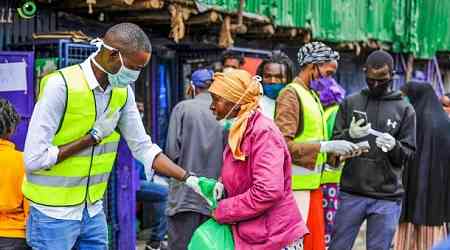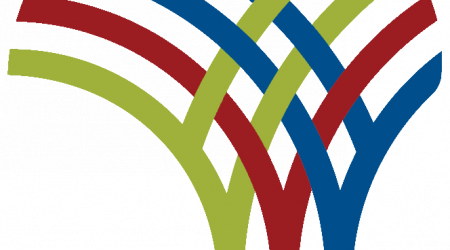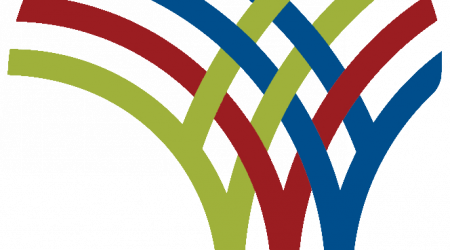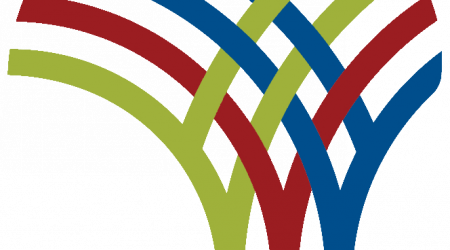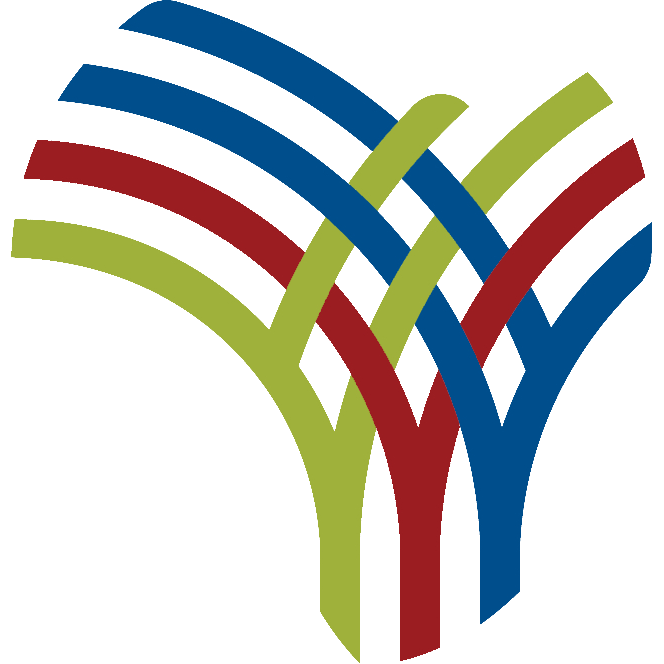For the African Union to remain relevant, its leaders should be judged by their capacity to renew Africa's broken multilateralism.
The African Union Commission is gearing up for new leadership - with candidates for the top eight positions to be known by tomorrow, 6 August.
After two terms as Chairperson, Moussa Faki Mahamat can't run again. His Deputy, Monique Nsanzabaganwa, was legally able to run, but the AU's regional rotation system ruled her out of the race. Three other portfolios will be getting new leaders, while the current commissioners of three more could be re-elected.
AU Commission positions up for election in February 2025New leaders elected for:
|
In the spirit of the AU's much-touted reforms, the elections in February 2025 should be a competition of ideas. The lead-up to the polls presents a good opportunity to assess the relevance of the AU. To avoid becoming obsolete, AU member states and AU Commission candidates should discuss at least three main issues: the commission chairperson's powers, the AU's capacity for peacemaking, and institutional reform.
But rumour-mongering about potential candidates and inter-regional rivalries could prevent a much-needed debate about the critical issues at stake in these elections, as happened in previous votes in 2016 and 2017.
The AU can claim several achievements in the past decade. These include launching Agenda 2063, institutional reform and the African Continental Free Trade Area, and its admission to the G20. But the AU and African multilateralism generally need new impetus. Agenda 2063 doesn't say what type of inter-governmental organisation Africa needs in the future. The lack of standardised responses and accountability for coups and destabilising governance practices show the limits of Africa's collective security mechanisms adopted in the early 2000s.
State-building in Africa is made more difficult by protracted conflicts (Somalia, South Sudan, and the Sahel and Great Lakes regions) and the outbreak of new ones (Cameroon, Ethiopia and Sudan). These prevent the AU Peace and Security Council from running effectively. Except for Somalia, the AU hasn't been the first responder to any of Africa's violent conflicts this year.
The first issue needing robust discussion is the AU Commission Chairperson's powers. The chairperson's prerogatives have always been contested between member states and the commission. The change from a secretariat to a commission has not altered member states' view that the chairperson remains a 'first among equals' rather than the commission head.
The problem currently is that it's unclear how much leeway the chairperson has compared to his commissioners, and how he can sanction them in cases of non-delivery. African governments favour this as it dilutes the chairperson's prerogatives.
Faki has been rebutted several times by member states, for example, after granting Israel observer status at the AU, which he had the authority to do. Another example is his management of Chad's transition after the unconstitutional change of government following President Idriss Déby Itno's death in 2021.
Faki was re-elected as AU Commission Chairperson in 2021 with 50 votes out of 55. Unlike his predecessors, he criticised the limitations that member states placed on his powers. Even so, states have continued to micro-manage the commission through the Permanent Representatives Committee (PRC), which conducts the day-to-day business of the AU and reports to the Executive Council.
Stark differences of opinion exist about the PRC's role. While the commission believes the PRC's legal role is limited to liaison between AU organs and member states, African governments see the PRC as a management tool to oversee the commission. Member states object to all non-consensual AU Commission decisions - and trying to find consensus among 55 countries leads to decisions so watered down they lack clear direction.
The second issue relates to the commission's ability to manage crises. Much attention was previously paid to funding peacekeeping operations, despite the limits that new conflict dynamics imposed on this approach. But funding isn't the AU's biggest problem - its ability to design sustainable political solutions to protracted or emerging conflicts is. In its current form, a fully funded AU would probably still struggle to address Africa's various conflicts.
This raises the question: is the current AU model suited to managing and preventing crises? Despite a sophisticated peace and security architecture, the AU's response to conflicts is often reactive and requires ongoing, structured engagement. The inefficient, sometimes counterproductive way the AU appoints and uses its Special Envoys and other High Representatives is symptomatic of poor conflict prevention. Insufficient allocation of human and financial resources means the AU doesn't maximise this efficient diplomatic tool.
Last, the blind spots and gaps in the AU's institutional reform must be addressed. It's hard to see how these reforms have enhanced the AU's ability to weigh in on security crises. The sudden disappearance of the conflict early warning system and the merger of the Political Affairs with the Peace and Security commissions were not supported by adequate policy. As a result, the merged Political Affairs, Peace and Security commission is a superposition, not an integration of the two previous departments.
The initial rationale for AU reform was to save costs - not improve effectiveness or impact. In reality, the AU is a small organisation, considering its vast scope and objectives. A central omission of the reforms is that they have not tackled member states' control of the commission, which prevents it from performing with a certain degree of autonomy. This explains why institutional reform has delivered few results overall.
Aspiring AU commissioners must set out their innovative ideas for dealing with these three and other, key issues. Although heads of state and government (not citizens) elect the new commissioners in 2025, a failure to address these problems could sow the seeds for African multilateralism to gradually disintegrate into ad hoc minilateralisms.
As global competition rises and development assistance falls, the AU's strategic weight will depend on the ability of its commission to deliver, despite its limitations. Unless it does so in 2025, the AU's descent into irrelevance will be accelerated, as happened to its predecessor, the Organisation of African Unity, in the late 1990s.
Félicité Djilo, Independent Analyst, ISS
Paul-Simon Handy, Regional Director East Africa and Representative to the African Union, ISS Addis Ababa


















